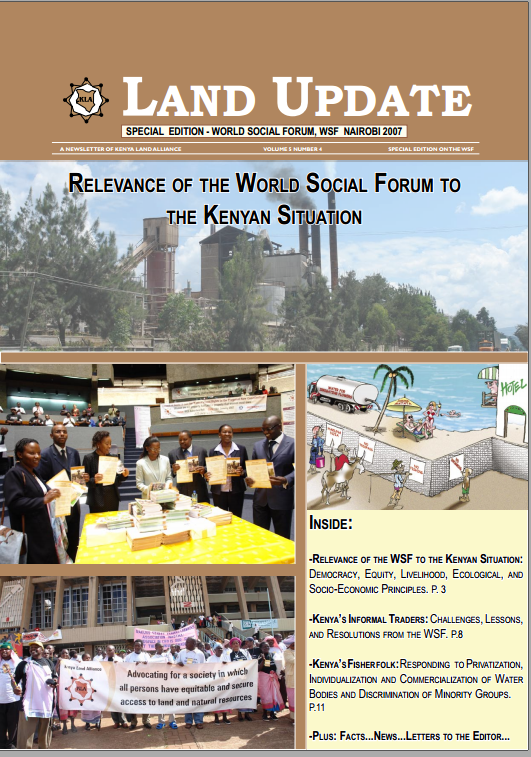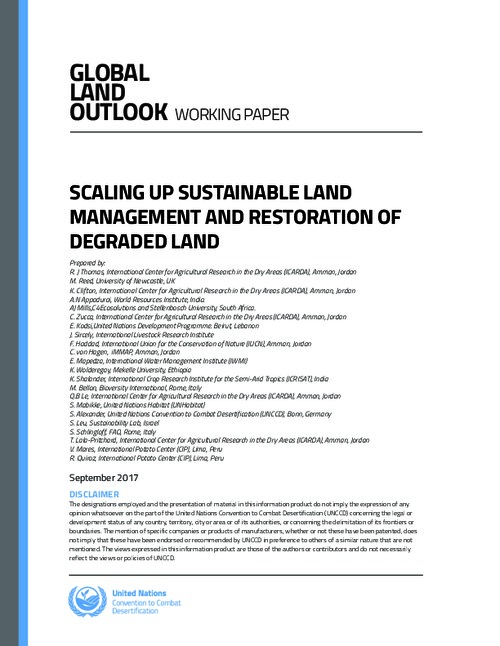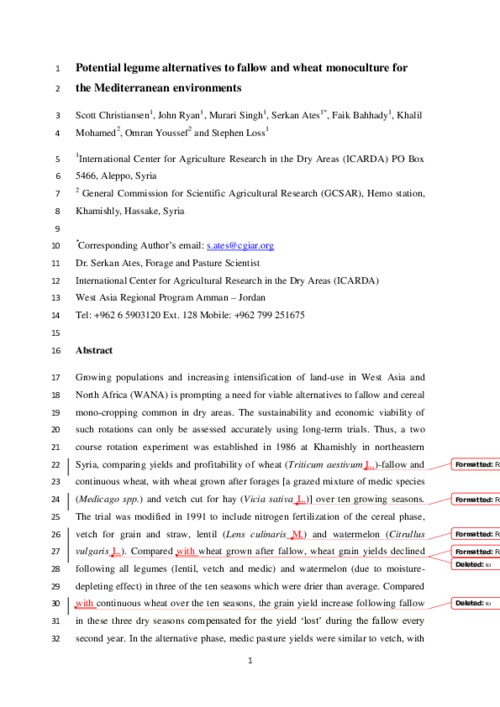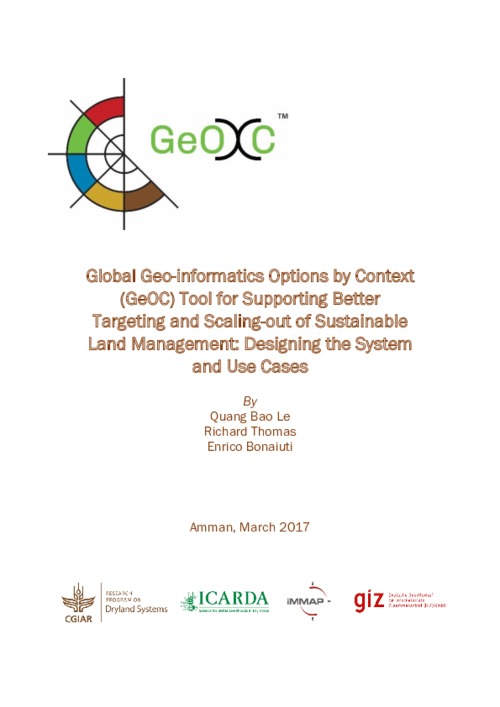Background to Human-Wildlife conflicts in Kenya
Wildlife is one of Kenya’s greatest natural resource and is the foundation upon which nature-based tourism is based. However, it is one resource that is in constant danger of extinction as burgeoning populations and animals fight for limited space In addition, poaching has greatly reduced wildlife populations in the absence of adequate policies to manage consumptive utilisation that would generate benefits for communities living with wildlife.








